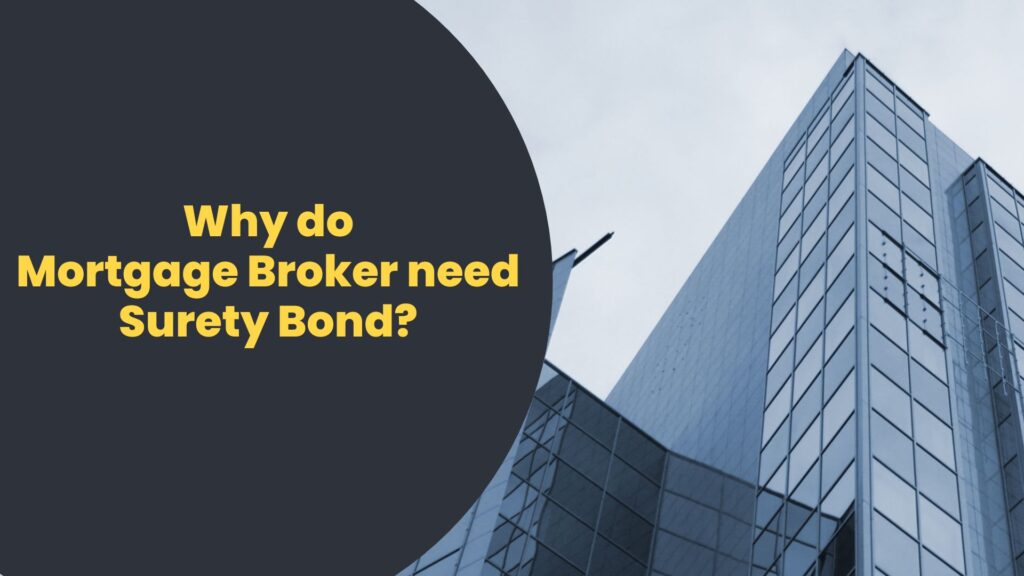Who is exempt from Dealer Surety Bond in NY state?
To operate as a car dealer in the state of New York, you are required to post a Dealer Surety Bond. This bond guarantees that you will comply with all state laws and regulations while operating as a dealer. However, there are some exemptions to this requirement. In this blog post, we will discuss who is exempt from the Dealer Surety Bond in New York State and why?

What is a Dealer Surety Bond?
A Dealer Surety Bond is a type of surety bond that is required by most states in the United States to protect consumers from fraud or other misconduct by auto dealers. The bond guarantees that if a dealer fails to act ethically or lawfully, customers can receive compensation for any losses they may have suffered as a result of the dealer’s conduct. Dealer Surety Bonds are also known as Franchise Dealer Bonds or Auto Dealer Bonds.
Who needs a Dealer Surety Bond?
Dealer surety bonds are required for any business that sells automobiles, recreational vehicles, and boats to help protect buyers from fraud or misrepresentation. A dealer surety bond guarantees that the dealer will comply with state regulations and laws when dealing with their customers. This type of bond is typically required by the State Motor Vehicle Department or other government agencies to obtain a dealer license.
Do I need a New York Dealer Surety Bond?
The answer is yes if you are a motor vehicle dealer operating in the state of New York. A Motor Vehicle Dealer Surety Bond is required to protect customers from fraud and other misconduct. The bond is a type of financial security that serves as a guarantee between buyers and sellers of vehicles. If a customer were to experience any damages caused by a motor vehicle dealer, they would be able to file a claim against the bond. This bond must be in place before beginning business operations as a motor vehicle dealer in New York.
How to obtain a New York Dealer Surety Bond?
The first step in obtaining a New York Dealer Surety Bond is to contact a surety bond agency. A surety bond agency will provide you with the necessary forms and instructions for obtaining your bond. The agency will also help review any required documents and advise on the best way to obtain the bond.
Once you have received all of the necessary forms and instructions, the surety bond agency will review the documents that are needed to apply for the bond. They will then provide you with a quote based on the information provided by you. Once you have accepted the quote, you can submit all of your documents to begin the application process.
The surety bond agency will then send you a contract agreement, which will outline all of the terms and conditions of your bond. You must read and accept these terms before submitting your payment for the bond. Once you have paid for the bond in full, it will be sent to you via mail or email.
What are the requirements for obtaining a Dealer Surety Bond in New York?
To obtain a Dealer Surety Bond in New York, you must meet the following requirements:
1. You must be licensed by the New York State Department of Motor Vehicles (DMV).
2. You must be able to provide a current financial statement and credit report from an approved source that is no more than six months old.
3. You must provide proof of valid and active New York State sales tax registration, including a certificate number.
4. You must submit a properly completed Dealer Surety Bond application to the DMV office in your county or district.
5. The amount of bond coverage you are required to obtain is determined by the New York DMV and is based on your business sales volume.
6. You must provide proof of payment for the required bond fee at a rate determined by the DMV.
7. Finally, you must submit a copy of the surety bond agreement with all necessary paperwork before it can be approved.
Once these requirements are met, you will be able to obtain your Dealer Surety Bond in New York.
Who is exempt from Dealer Surety Bond in NY state?
In New York State, there are some exemptions from the requirement to obtain a dealer surety bond. Dealers who sell vehicles in part-time or occasional sales, dealers whose only vehicle activities take place on their premises, and certain specified dealers of farm machinery and trailers are exempt from this license requirement. Additionally, dealers who hold a franchise agreement with a manufacturer are exempt if the franchise agreement contains provisions that protect purchasers. Finally, dealers who limit their sales to non-retail transactions of five or more vehicles in any calendar year do not need a surety bond in New York State.
What does a New York Dealer Surety Bond Cost?
The cost of a New York Dealer Surety Bond can vary depending on the dealer’s credit score and the type of bond required. Most bonds are written for a one-year term, but some require longer terms. Generally speaking, if the applicant has excellent credit, the cost is between 1-2% of the total bond amount. For example, if the bond amount required is $50,000 then the cost of the bond could be between $500 and $1,000.
Why do Mortgage Broker need Surety Bond?
Mortgage brokers play an important role in the home buying process. They help connect borrowers with lenders and work to get the best mortgage rates for their clients. One of the requirements for becoming a mortgage broker is getting a surety bond. In this blog post, we will discuss why mortgage brokers need surety bonds and what they are used for.

What is a mortgage broker surety bond?
A mortgage broker surety bond is a type of financial guarantee that is typically required by state regulators to obtain a license to operate as a mortgage broker. The purpose of the bond is to protect consumers from potential losses that may result from fraudulent or unethical activities on the part of the broker.
Types of mortgage licenses
There are four types of mortgage licenses: the broker’s license, the lender’s license, the servicer’s license, and the originator’s license.
The broker’s license allows an individual to act as an intermediary between a borrower and a lender. The broker will collect information from the borrower and then present it to the lender.
The lender’s license allows an individual to lend money to borrowers.
The servicer’s license allows an individual to service loans. This includes collecting payments from borrowers and making sure that the borrower is following the terms of their loan agreement.
The originator’s license allows an individual to originate loans. This means that they will work with the borrower to determine what type of loan they need and then help them to get the loan.
Why do I need a mortgage broker surety bond?
If you are a mortgage broker, chances are you will need to obtain a surety bond. A surety bond is a type of insurance that protects your clients from any losses or damages that may occur as a result of your professional actions. Essentially, it acts as a safety net for your clients in case something goes wrong.
What is a surety on a mortgage?
A surety on a mortgage is a type of insurance that protects the lender in case the borrower defaults on the loan. The premium for this insurance is typically paid by the borrower as part of their closing costs. If you are considering getting a mortgage, be sure to ask your lender if they require a surety on the loan.
Get mortgage broker bonds with bad credit
If you have bad credit, it may seem like getting a mortgage broker bond is impossible. However, some companies specialize in helping people with bad credit get the bonds they need. These companies work with surety companies to get you the best rates possible.
There are a few things you need to do to get started. The first is to get a credit report from all three major credit reporting agencies. This will give you an idea of where your credit stands. Next, you need to find a mortgage broker bond company that specializes in helping people with bad credit. Finally, you need to fill out an application and submit it to the company.
How much does a mortgage broker’s guarantee bond cost?
The quick answer is that the cost of a mortgage broker’s guarantee bond will vary depending on the specific bond and the mortgage broker’s circumstances. However, some general guidelines can be followed to get an idea of how much the bond will cost.